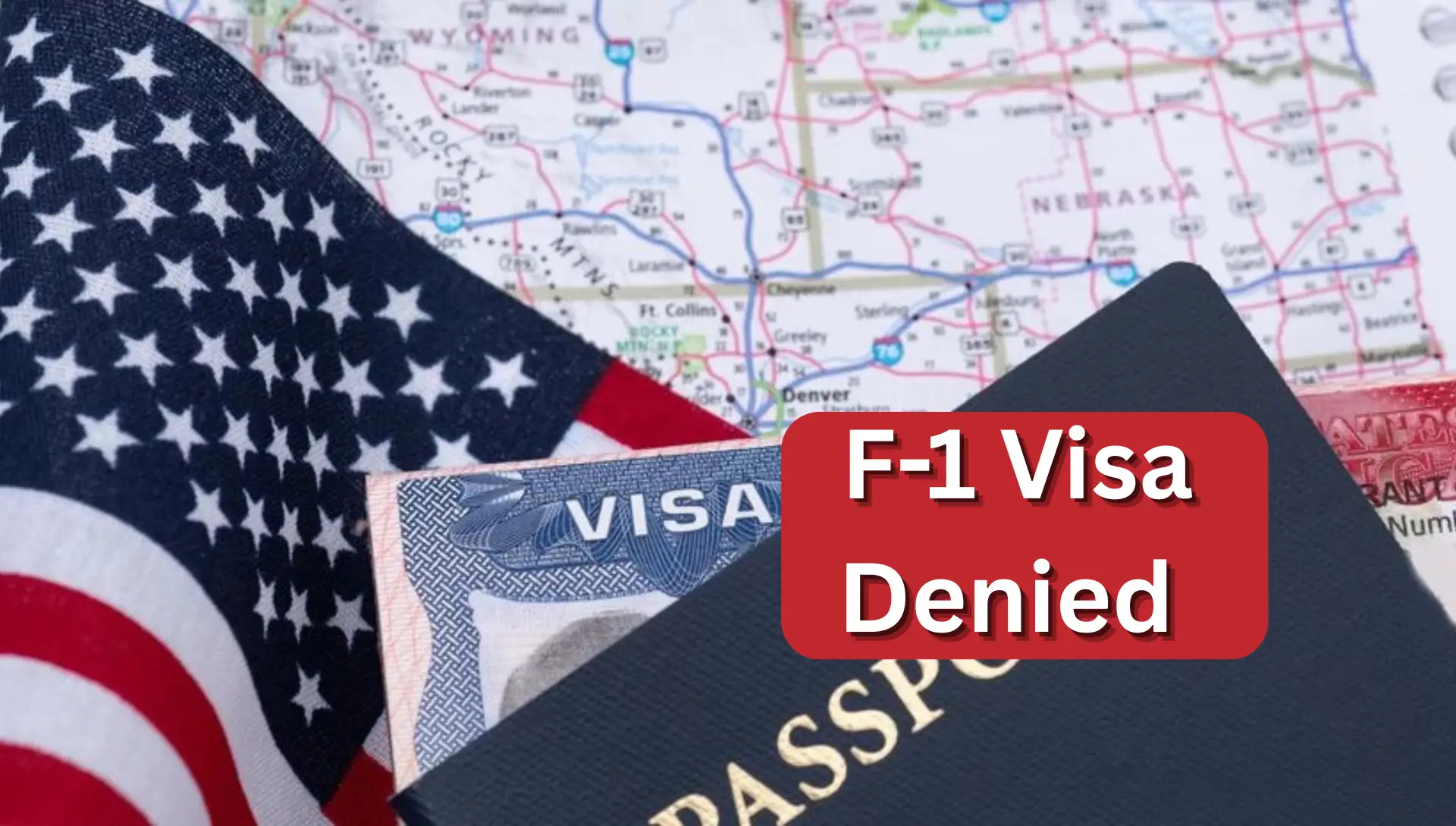UK Work Visa Without a Job Offer November 2025: Complete Application Guide. Wondering if it’s possible to move to the UK without a job offer? Good news: in 2025 there are several unsponsored work visa routes in the UK that let you live and work (or start work soon after arrival) even if you don’t have a confirmed job contract. In this guide you’ll learn how each route works, who qualifies, what you’ll need and how to boost your success rate.
What does “work visa without a job offer” actually mean?
Many UK work visas (like the Skilled Worker visa) require a job offer from a UK employer who holds a sponsorship licence. But there are specific routes that do not require that prior employment contract or employer sponsorship they open up possibilities for graduates, entrepreneurs, talent-holders and youth mobility applicants.
In practical terms, this means you can apply, travel and start work or search for work without having to line up a UK employer first. Of course, each of these routes has its own eligibility rules, costs and limitations.
Major UK routes without a job offer (2025 edition)
Here are the key visa categories you should consider:
High Potential Individual (HPI) visa
Who it’s for: Graduates of certain top-ranked universities (overseas or UK) awarded the qualification within the last 5 years.
What you get: You don’t need a job offer; you can work, be self-employed, switch employers.
Eligibility:
- A recognised overseas or UK qualification from an eligible university within last 5 years.
- Proof of English or other relevant requirements.
- Sufficient funds/maintenance available.
Duration: Up to 2 years (or 3 years if doctoral).
Why choose it: Great flexibility and minimal employer constraints.
Global Talent visa
Who it’s for: Leaders or emerging leaders in research, sciences, digital technology, arts and culture.
What you get: No job offer required; you need endorsement from a recognised body.
Eligibility:
- Demonstrated exceptional achievement or potential.
- Endorsement from the relevant UK body.
Why choose it: Maximum flexibility: work, self-employ, switch roles; potential path to settlement.
Graduate visa
Who it’s for: International students who have completed an eligible UK degree and want to stay and work/search for work.
What you get: Right to stay in UK, full-time work, self-employment, no sponsor required.
Eligibility:
- Must apply from inside the UK before Student visa expires.
- Must have successfully completed the UK-based course listed on your CAS.
Duration: Usually 18-24 months (or 3 years for PhD).
Why choose it: Reliable transition from study-to-work in UK market with freedom.
Youth Mobility Scheme visa
Who it’s for: Young people (age limits vary 18-30/35) from eligible countries who wish to live & work in the UK for up to two years.
What you get: No job offer needed. You can live and work in UK for up to 2 yrs.
Eligibility:
- Must be citizen of a participating country.
- Must meet age criteria and have maintenance funds.
Why choose it: Great for young recent grads or professionals wanting UK work experience without long-term commitment.
UK Ancestry visa
Who it’s for: Commonwealth citizens with a UK-born grandparent.
What you get: Live & work in the UK full-time or part-time for 5 years without job offer; may lead to settlement.
Eligibility: Proof of grandparent, age, maintenance funds, etc.
Why choose it: Straightforward route if you have the ancestry connection.
H2.6 Entrepreneur / Business routes (e.g., Innovator Founder visa / Start-up)
Who it’s for: Entrepreneurial applicants with viable, scalable business idea, endorsed by an approved body.
What you get: No traditional job offer or employer sponsor required; you can found your own UK business.
Eligibility:
- Endorsement from an approved body.
- Business plan, funds, viability and scalability.
Why choose it: Ideal if you plan to start/grow a business in the UK and want flexibility instead of being an employee.
How to compare these routes: at a glance
| Visa Route | Job Offer Required? | Duration | Key Requirement |
|---|---|---|---|
| HPI | No | Up to 2-3 yrs | Recent top-university degree |
| Global Talent | No | Varies | Endorsement + track record |
| Graduate | No | 18-24 m (or 3 yrs PhD) | UK degree + student visa in place |
| Youth Mobility | No | Up to 2 yrs | Age + participating nationality |
| UK Ancestry | No | Up to 5 yrs | UK-born grandparent + Commonwealth citizen |
| Innovator/Start-Up | No | Varies | Endorsement + business idea |
Step-by-Step Application Workflow
1 Confirm Eligibility
Check precise criteria for your chosen route: age, nationality, qualification, endorsement, maintenance funds, etc. Many rejected applications are due to mis-interpretation of eligibility.
2 Gather Documents
Typical documentation may include:
- Valid passport + photos
- Degree certificate/transcripts (for HPI/Graduate)
- Endorsement letter (Global Talent/Innovator Founder)
- Evidence of funds/maintenance
- TB test certificate (where required)
- Police/criminal record check (for some countries)
3 Online Application & Payment
Complete the online visa form on UK Visas & Immigration portal, pay the visa fee + Immigration Health Surcharge (IHS) where applicable. Processing depends on route & location.
4 Biometrics & Interview
Book appointment at local visa application centre for fingerprints & photo. For some routes you may face an interview or additional documentation.
5 Wait for Decision & Travel
Processing times vary widely: some routes take 2–12 weeks, others longer due to endorsement steps.Once approved, you may travel and start working (as permitted by that route).
6 Post-Arrival Compliance
Once in the UK, ensure you comply with visa conditions (work rights, self-employment rules, renewals, switching visas).
Costs, Processing Times & Key Tactics
1 Typical Costs & Timelines
- Visa fees vary depending on route and whether applying from inside/outside UK.
- IHS adds additional cost.
- Processing times: some decisions in 2-12 weeks but endorsement stages (Global Talent, Innovator) may add tim.
2 Smart Tactics to Improve Your Chances
- Choose the route that fits you best: Don’t apply for one “because it’s easier” if you don’t meet criteria.
- Prepare clear, organised documentation: Present degrees, endorsements, funds in logical order.
- English language & funds matter: Especially for HPI and other unsponsored routes.
- Switch strategy if needed: For example, use the Graduate visa to build UK experience, then switch to Skilled Worker later.
- Plan ahead: Don’t wait until last minute; visa rules may change and application centres may have delays.
- Understand that the “no job offer” route is still competitive: Although you don’t need a sponsor, you still must meet high standards (especially Global Talent/HPI).
FAQs
Q1: Can I move to the UK without a job offer and start working immediately?
Yes — on certain unsponsored routes such as the HPI visa, Global Talent visa, Graduate visa or Youth Mobility Scheme, you can live and work in the UK without having a confirmed job offer.
Q2: Is the standard Skilled Worker visa possible without a job offer?
No — the Skilled Worker visa requires a certificate of sponsorship from a UK employer and a confirmed job offer.
Q3: Does the HPI visa lead to settlement (permanent residence)?
Not directly. The HPI route is typically temporary and you may need to switch to a different route if you want settlement.
Q4: What is the minimum age and nationality requirement for the Youth Mobility Scheme?
You must be aged 18-30 (or up to 35 for some nationalities) and a citizen of a country participating in the scheme.
Q5: Can I start my own business in the UK if I choose one of these routes without a job offer?
Yes — certain routes such as the Innovator/Start-Up style visas allow you to set up your own business (with endorsement) rather than being employed. Also some unsponsored routes like HPI allow self-employment.
Conclusion
If you’re looking to move to the UK in 2025 without a job offer, you have realistic and diverse options from the High Potential Individual and Graduate visas to the Youth Mobility Scheme and business-founder routes. Each has its own eligibility criteria, benefits and limitations. The key is to choose the right route, prepare thoroughly, and stay on top of document and deadline requirements.



















